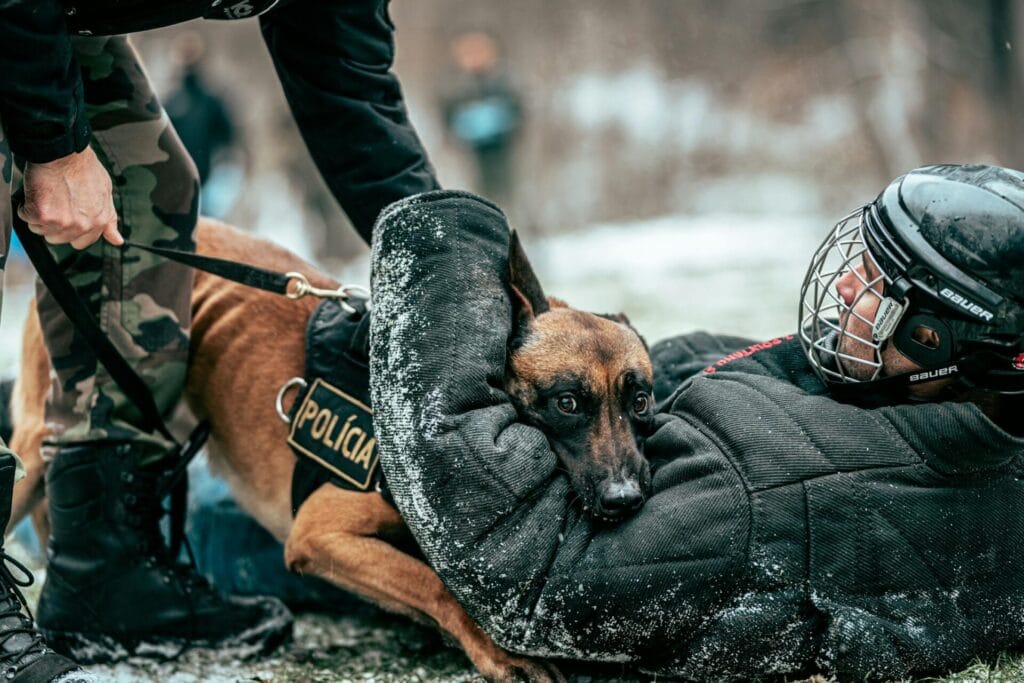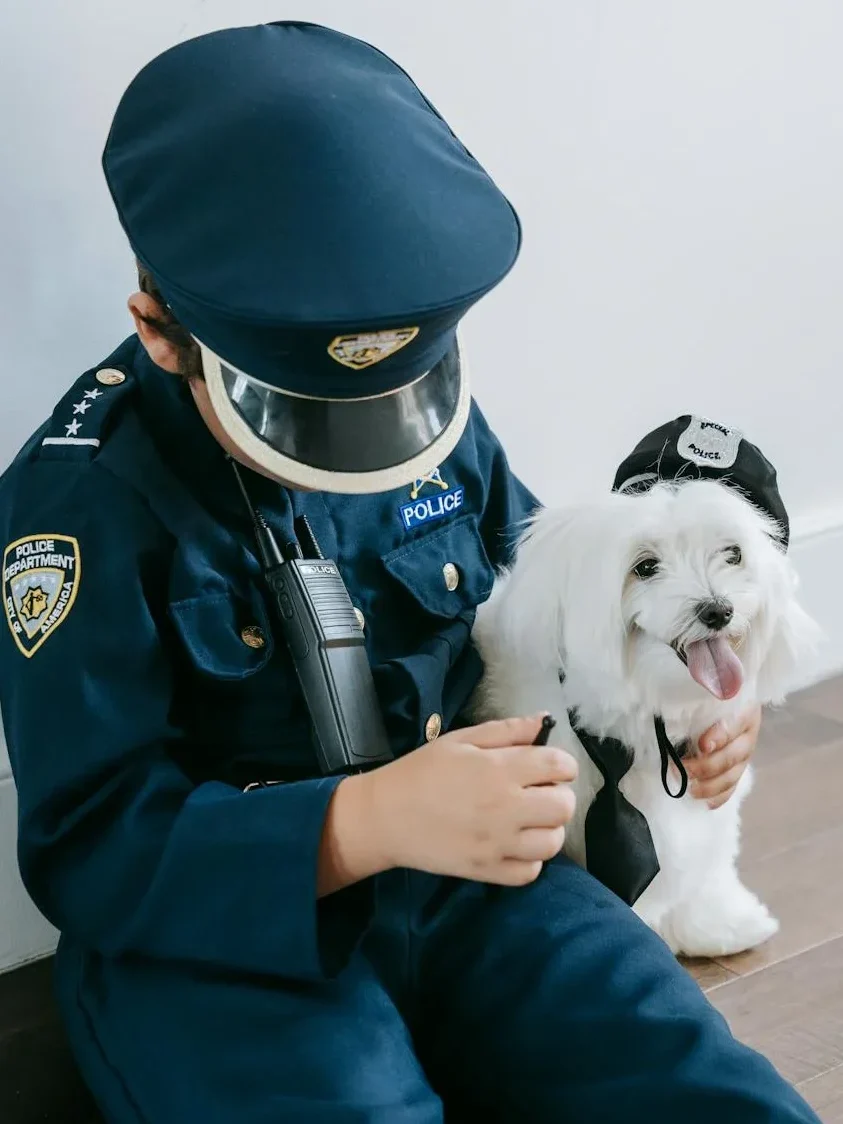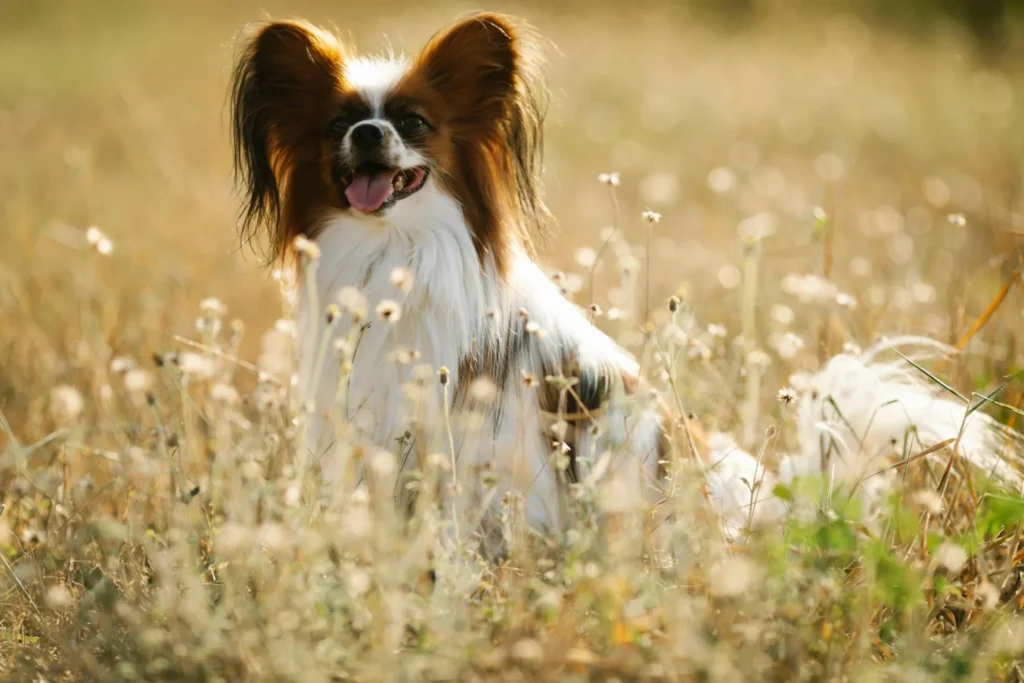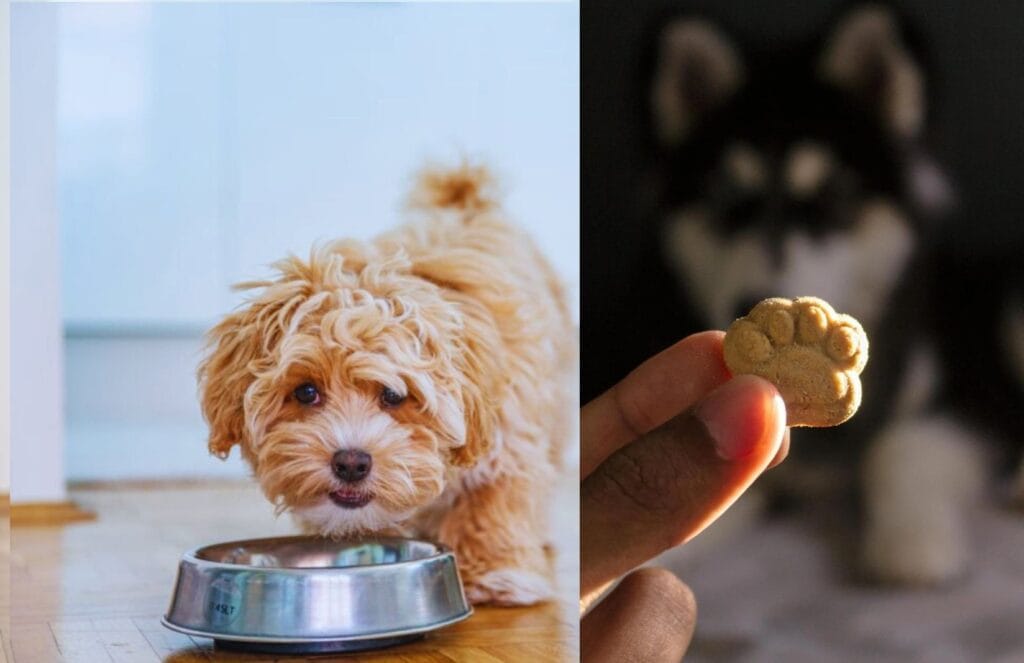Introduction: Beyond the Fancy Haircuts 🐩💼
When you think of police dogs, fierce German Shepherds or muscular Rottweilers might come to mind. But what about the elegant, often elaborately-groomed Poodle? Can these sophisticated canines swap their fancy haircuts for a badge? Let’s dive into the fascinating world of Poodles in police work and uncover some surprising truths! 🕵️♀️🦮

Are Poodles Used as Police Dogs? The Unexpected Answer 🤔
Yes, you read that right! While not as common as some other breeds, Poodles have indeed found their way into police work. Let’s break it down:

Poodles in Police Forces Around the World 🌍
| Country | Poodle Use in Police Work |
|---|---|
| France | Occasional use, especially in drug detection |
| Germany | Limited use in specialized roles |
| United States | Rare, but some departments have experimented |
| Netherlands | Used in some urban police units |
| Canada | Occasional use in drug detection and search operations |
Why Poodles? The Surprising Benefits 🏆
- High Intelligence 🧠: Poodles are among the smartest dog breeds, making them quick learners.
- Excellent Nose 👃: Their keen sense of smell is perfect for detection work.
- Agility 🏃♂️: Poodles are nimble and can navigate tight spaces easily.
- Non-Shedding Coat 🦺: Great for people with allergies and for clean police vehicles!
- Unexpected Appearance 🎭: Criminals often don’t expect a Poodle to be a police dog.
The Drawbacks: Why Aren’t There More Police Poodles? 🚫
- Public Perception 👀: Many people don’t take Poodles seriously as working dogs.
- Size Variation 📏: Standard Poodles are suitable, but Miniature and Toy varieties are too small.
- Grooming Needs ✂️: Their coats require more maintenance than short-haired breeds.
- Lack of Aggression 🐑: Poodles are generally less aggressive than traditional police breeds.
Poodle Varieties: How They Stack Up in Police Work 📊
Let’s compare the three Poodle varieties:
| Variety | Size | Suitability for Police Work |
|---|---|---|
| Standard | 15-22 inches | Most suitable; used in actual police work |
| Miniature | 10-15 inches | Limited use; potentially for small space searches |
| Toy | Under 10 inches | Not suitable for police work |
Age Matters: Poodles in Police Work Through the Years 🗓️
| Age | Suitability |
|---|---|
| Puppy (0-1 year) | Training phase; not yet ready for active duty |
| Young Adult (1-3 years) | Prime age for police work; high energy and learning capacity |
| Adult (3-7 years) | Experienced and reliable; peak performance |
| Senior (7+ years) | Gradual retirement from active duty; potential mentoring role |
Poodles vs. Traditional Police Dogs: The Showdown 🥊
Let’s compare Poodles to some common police dog breeds:
| Breed | Strength | Intelligence | Agility | Sense of Smell | Intimidation Factor |
|---|---|---|---|---|---|
| Poodle | ⭐⭐⭐ | ⭐⭐⭐⭐⭐ | ⭐⭐⭐⭐ | ⭐⭐⭐⭐ | ⭐⭐ |
| German Shepherd | ⭐⭐⭐⭐ | ⭐⭐⭐⭐ | ⭐⭐⭐ | ⭐⭐⭐⭐ | ⭐⭐⭐⭐⭐ |
| Belgian Malinois | ⭐⭐⭐⭐ | ⭐⭐⭐⭐ | ⭐⭐⭐⭐⭐ | ⭐⭐⭐⭐ | ⭐⭐⭐⭐ |
| Rottweiler | ⭐⭐⭐⭐⭐ | ⭐⭐⭐ | ⭐⭐ | ⭐⭐⭐ | ⭐⭐⭐⭐⭐ |
| Bloodhound | ⭐⭐⭐ | ⭐⭐⭐ | ⭐⭐ | ⭐⭐⭐⭐⭐ | ⭐⭐ |
Specialties: Where Poodles Shine in Police Work 🌟
- Drug Detection 🚬: Their keen noses make them excellent at sniffing out narcotics.
- Search and Rescue 🔍: Agility and intelligence help in locating missing persons.
- Bomb Detection 💣: Sensitive noses can detect explosive materials.
- Therapy Dogs 💖: Poodles can serve as comfort animals for victims or stressed officers.
The Best and “Worst” Breeds for Police Work 🏆🚫
Top Performers 🥇
- German Shepherd
- Belgian Malinois
- Dutch Shepherd
- Labrador Retriever
- Bloodhound
Less Commonly Used 🥉
- Chihuahua (too small)
- Pug (breathing issues)
- Greyhound (easily distracted)
- Shih Tzu (size and temperament)
- Basset Hound (not agile enough)
Overcoming Challenges: Making Poodles More Police-Friendly 💪
- Public Education 📚: Inform the public about Poodles’ capabilities.
- Specialized Training 🎓: Develop programs tailored to Poodles’ strengths.
- Breeding Programs 🧬: Focus on traits beneficial for police work.
- Equipment Adaptation 🦺: Design gear suited for Poodle physique.
Fun Facts: Poodles in Law Enforcement 🎉
- A Poodle named Renzo works as a drug detection dog in Washington state! 🇺🇸
- In the Netherlands, a Poodle helped solve a high-profile missing person case! 🕵️♀️
- Some police departments use Poodles for community outreach due to their friendly appearance! 🤝
Conclusion: Poodles – The Undercover Heroes of Police Work 🦸♀️
While Poodles may not be the first breed that comes to mind for police work, their intelligence, agility, and keen senses make them surprisingly effective in certain roles. As we’ve seen, these elegant dogs can go from the grooming salon to the police academy with impressive results!
Whether it’s sniffing out drugs, participating in search and rescue operations, or serving as therapy dogs, Poodles are proving that they’re more than just pretty faces. They’re breaking stereotypes and showing that sometimes, the best police partner might just be wearing a fluffy coat! 🐾🚔
So, the next time you see a Poodle, remember – behind that fancy haircut might be a highly trained, badge-wearing hero! Who knows, the future of law enforcement might just be a little bit… fluffier! 🐩👮♀️



